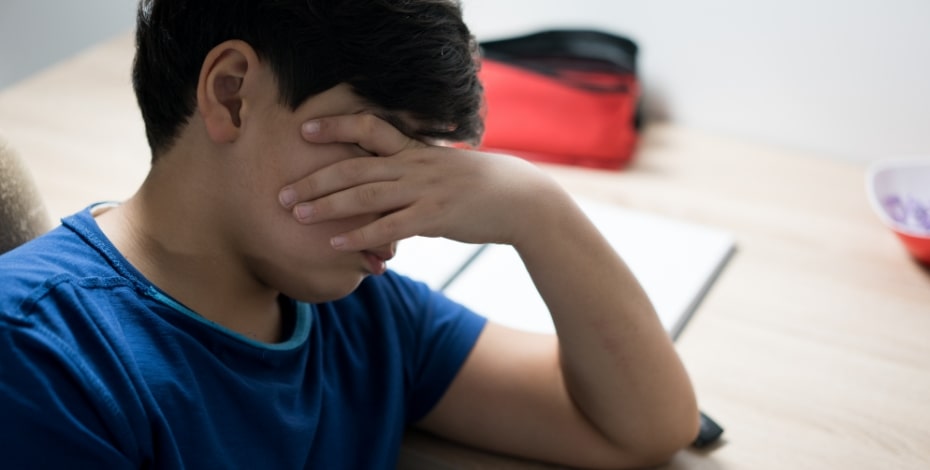
Fatigue improves over first three months following paediatric concussion

Fatigue is one of the most commonly reported persisting symptoms following paediatric concussion and it is also one of the most under-researched.
It encompasses tiredness, lack of energy and exhaustion and is associated with impaired physical and/or cognitive function.
A recently published study in the British Journal of Sports Medicine by Australian and international researchers has described the recovery of fatigue over the first three months following paediatric concussion and identified factors associated with persisting fatigue.
The study included 240 children aged 5–18 years who were assessed using a biopsychosocial framework and the three-factor fatigue model at several time points from the initial emergency department admission until three months post injury.
The study was part of a larger longitudinal study of children presenting with concussion at the Royal Children’s Hospital in Melbourne.
Assessments and ratings were completed by both the child and their parent.
The study found that fatigue decreased significantly between the acute post-injury stage to three months following the concussion injury across all three fatigue domains—general fatigue (lack of physical energy), sleep/rest fatigue (sleep–wake cycle disturbances and daytime sleepiness) and cognitive fatigue (reduced mental endurance and attention).
Both the child and parent ratings of fatigue decreased over time but there were differences, notably in that children reported a larger decrease in fatigue ratings in the first month post-concussion while parent ratings showed more decreases in fatigue ratings from one to three months post-concussion.
The most important factors associated with fatigue during the three month post-concussion were psychosocial and mental health factors such as behavioural problems and posttraumatic stress as well as parent distress and mental health.
The authors conclude that while fatigue improves during the first three months post-concussion, the study highlights the importance of considering mental health screening of both the child and the parent when assessing patients with persistent post-concussive fatigue.
Access the research here.
© Copyright 2025 by Australian Physiotherapy Association. All rights reserved.





